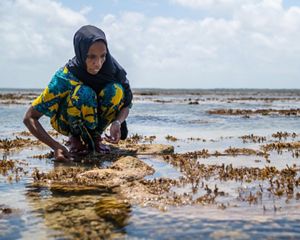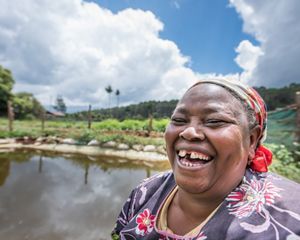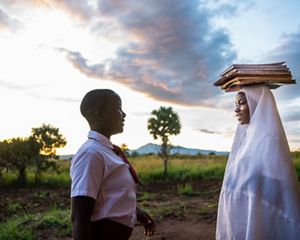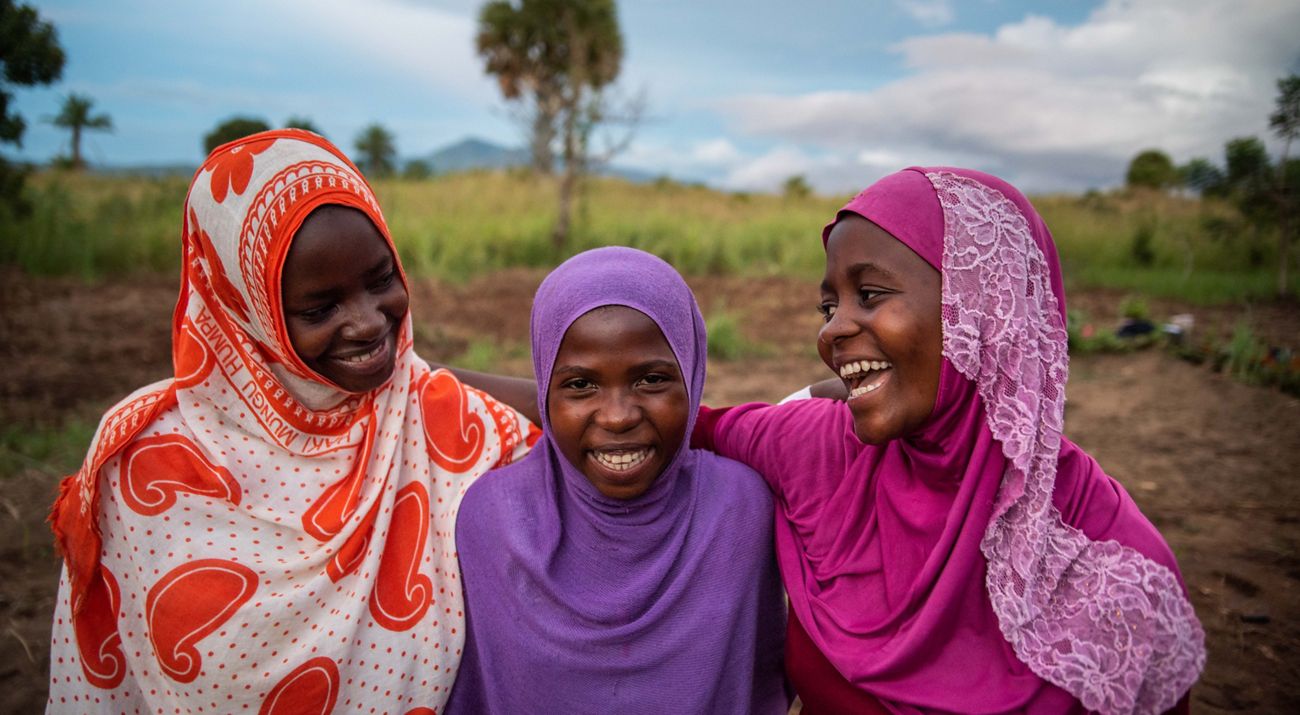
Women and Girls in Africa
Ensuring women and girls have equal access to knowledge and resources has the power to transform the landscape.
Women Are Shaping a Sustainable Africa
Explore Their StoriesLeah learned about her land rights and now educates her fellow Maasai women on theirs. Amina organizes fisherwomen in her coastal community to protect their marine resources. Teresia embraces her opportunity to get a secondary school education. Habiba paved the way for other women to become elected leaders in community conservancies.
All across Africa, women are doing it all. At The Nature Conservancy, we know that ensuring women and girls have equal access to knowledge and resources is not only the right thing to do, it’s the only way to find lasting solutions for people and the planet.
Investing in Women and Girls Is a Conservation Solution
There are many reasons why investing in women and girls is critical to creating a more sustainable world:
Fighting Climate Change: Project Drawdown lists providing girls with equal opportunities for education and voluntary family planning to be one of the most effective solutions to global climate change, with the potential to reduce global carbon emissions by 85 gigatons per year.
Better Land Management: Studies have shown that when women are involved in decision-making, the environment is better managed. Another study found that if female smallholder farmers had the same resource access as men, farm yields would increase enough to reduce undernourishment by 12 to 17% (and likely reducing land conversion to agriculture).
The Ripple Effect: Women invest up to 90% of their income on their families, creating positive ripple effects in their communities. According to Deliver for Good, evidence suggests that when women are included in climate change mitigation, they will prioritize clean air, safe drinking water, sufficient food and secure shelter for future generations.
Quote: African Proverb
“You educate a boy, and you're educating an individual. You educate a girl, and you're educating a village.”
Women Take the Lead
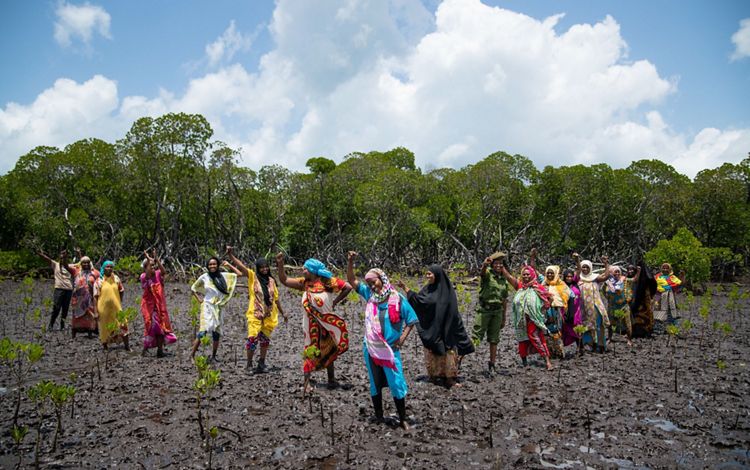
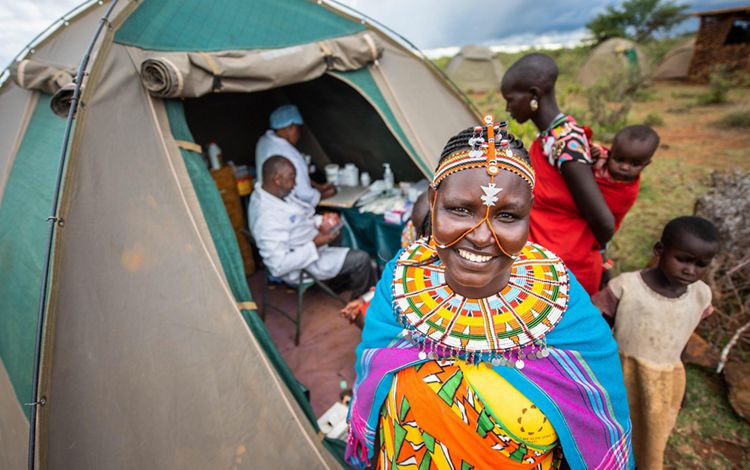
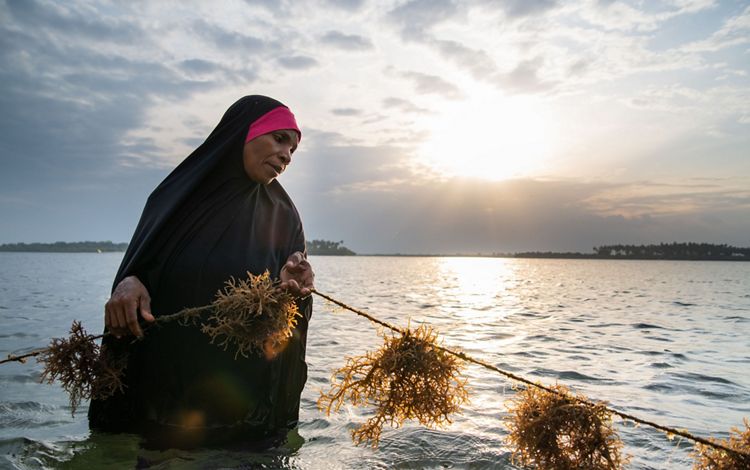
Progress Across Africa
Ensuring women and girls have equal access to knowledge and resources is becoming an integral component of our conservation work across the continent.
Together, we are already making a big impact:
Leadership: Eighteen female managers from NGOs in Kenya, Tanzania, Zambia and Namibia completed intensive leadership training through the Africa Conservation Leadership Network to strengthen their skills and effectiveness.
Livelihoods: More than 15,000 women in Kenya, Tanzania, South Africa and Gabon are benefitting from economic empowerment, including enterprises such as BeadWORKS in Kenya, new green jobs in Cape Town, and access to microloans and financial literacy trainings that support small women-owned businesses.
Health: In Kenya and Tanzania, 160,000 villagers have accessed reproductive health services, 16 health facilities have been renovated and 19 staff have been trained in emergency procedures to save the lives of mothers and babies.
Education: In Tanzania, a girls’ dorm was built adjacent to Lagosa secondary school, addressing major barriers to attendance—including safety for those who once traveled long distances alone, as well as electricity and time for doing homework instead of chores.
Inspiration for Earth in Your Inbox
Sign up for our monthly Nature News updates for stories, tips for action and event opportunities.
